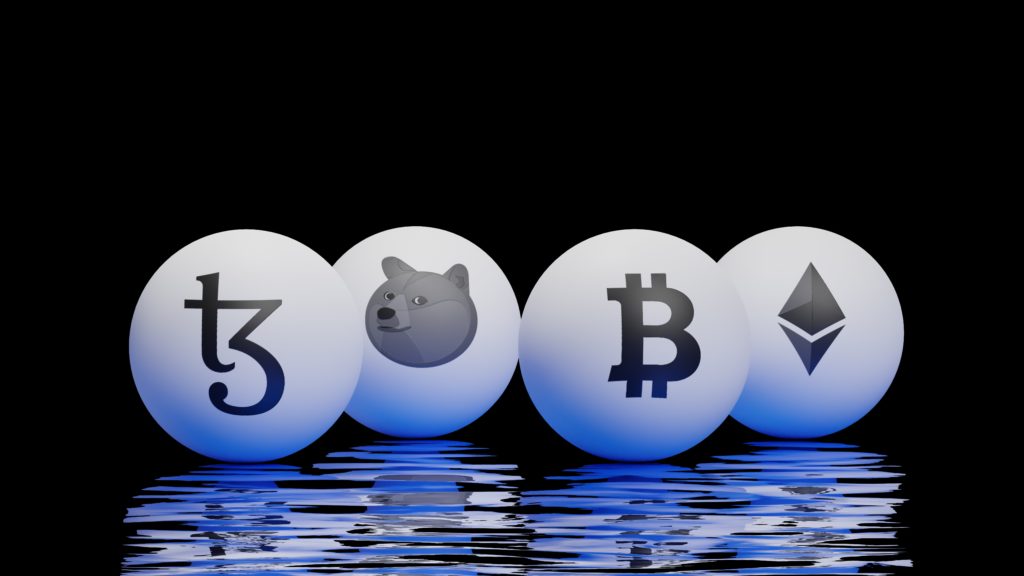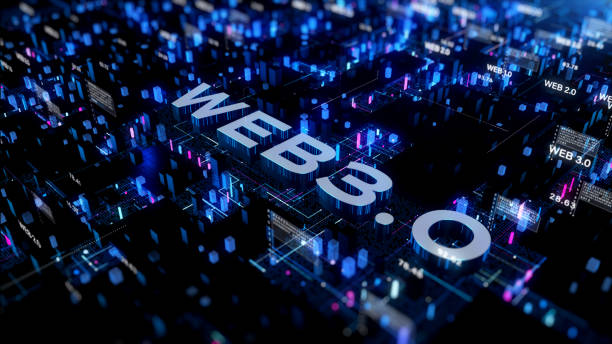Web3, also known as Web 3.0, represents the next evolutionary step in the internet’s development. It is a decentralized internet architecture founded on blockchain technology. While Web3 is still in its nascent stages, its potential to transform the way we interact with the internet is immense. In this article, we’ll explore the distinctions between Web3 and Web2, examine the benefits of Web3, and discuss why you should take an interest in this innovative paradigm shift.
Want to know more about our Tech Solutions? Visit us at www.nesesho.com
Distinguishing Web3 from Web2
Web2, the current iteration of the internet, is predominantly under the control of a handful of tech giants, including Google, Facebook, and Amazon. These corporations wield considerable influence over our data and online experiences.
Conversely, Web3 is characterized by decentralization. It operates without the dominance of any single company or organization, relying on a globally distributed network of computers instead.
The Advantages of Web3
Web3 presents several potential advantages compared to Web2, such as:
Decentralization: As previously mentioned, Web3’s decentralization minimizes its vulnerability to censorship and manipulation.
Privacy: Web3 places a high priority on user privacy. Individuals have control over their data and can determine how it is shared.
Security: Built upon blockchain technology, Web3 offers enhanced security, making it more resistant to hacking and fraud.
Transparency: Web3 is inherently transparent. All transactions are recorded on the blockchain, ensuring that everyone can access and verify the information.
Why Web3 Matters
Understanding the significance of Web3 requires appreciating its potential to transform our internet experience. Consider these examples:
Financial Transactions: Web3 could revolutionize the way we conduct online transactions. Currently, we rely on centralized payment processors like PayPal and Visa. With Web3, we may have the ability to engage in peer-to-peer transactions, eliminating the need for intermediaries.
Digital Asset Ownership: In the present digital landscape, platforms and companies own and control our digital assets, including photos, videos, and music. Web3 has the potential to empower individuals to have true ownership and control over their digital assets.
Social Media Decentralization: Social media platforms are presently under the control of a select few tech giants. Web3 could enable the creation of more decentralized, user-controlled social media platforms.
In summary, Web3 is still emerging and evolving, but it carries the potential to transform the internet. Its attributes, including decentralization, privacy, security, and transparency, provide promising alternatives to the current Web2 landscape. As Web3 continues to develop, its impact on how we use and interact with the internet will become increasingly apparent.
If you’re intrigued by Web3 and wish to learn more, numerous online resources are available, along with a growing community of enthusiasts dedicated to shaping the future of the internet. Web3 represents a pivotal shift in the digital landscape, and staying informed about its progress and implications is essential for anyone interested in the future of the web.
Want to know more about our Tech Solutions? Visit us at www.nesesho.com


